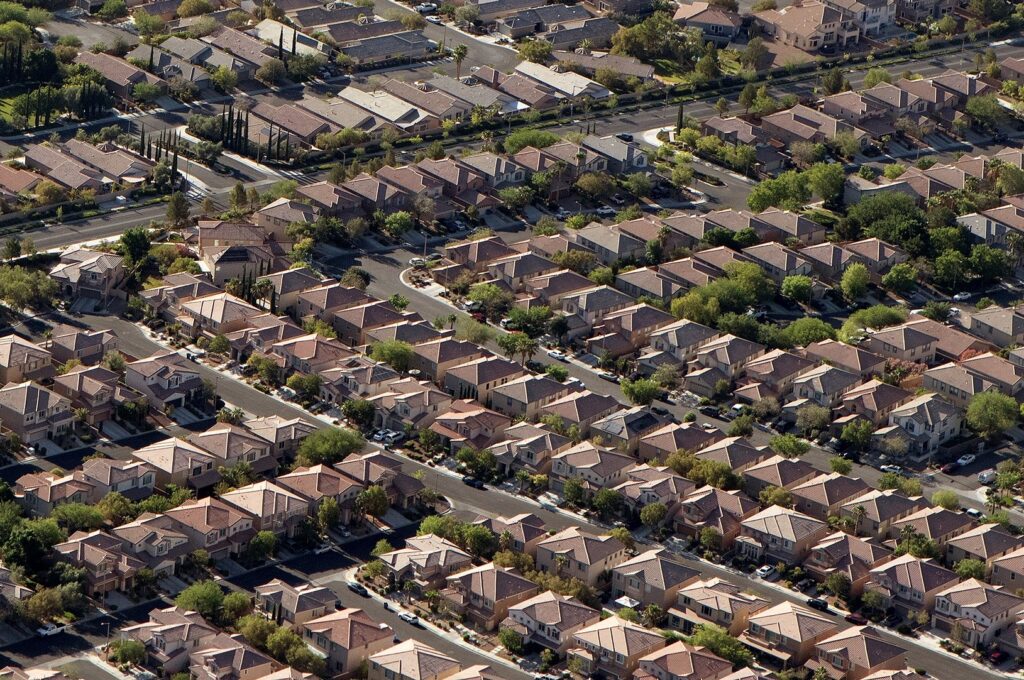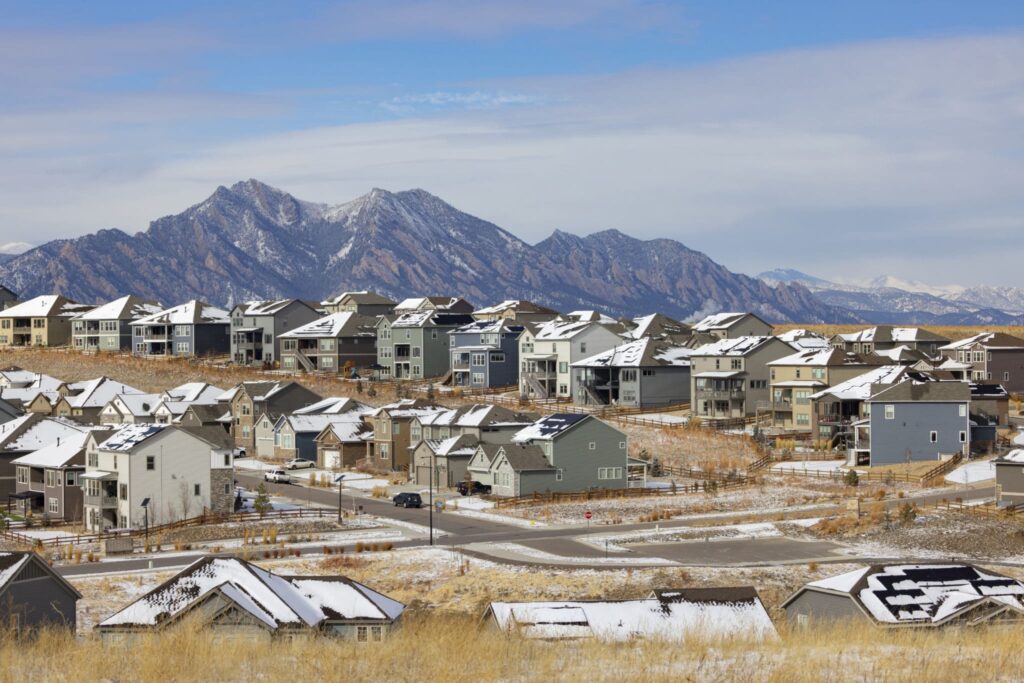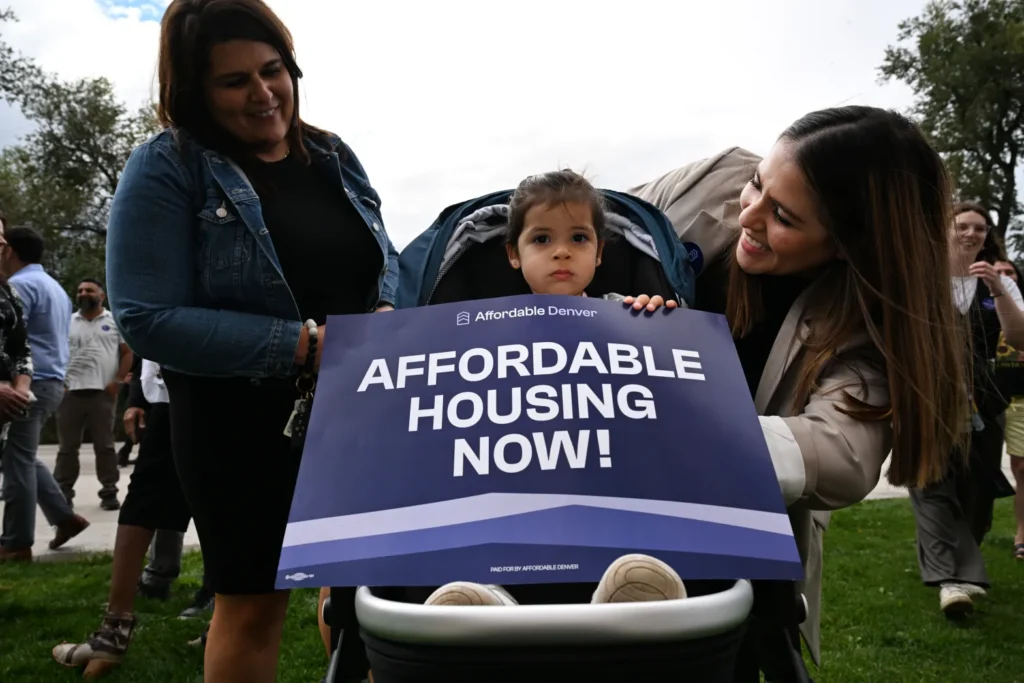
Former Deputy Mayor Alicia Glen and Community Preservation Corp. CEO Rachel Cestero outline why a rent strike would only hurt those who need help most.
This is a particularly senseless time to pit renters against owners when their interests are actually aligned. Renters want to pay their rent and live in well-maintained buildings. The vast majority of owners want to be able to provide those things, but they need rental income to do it.
Most rental buildings aren’t giant luxury properties. In fact, 40% of the city’s rental apartments are in buildings with 50 units or less. These buildings tend to be older, need more maintenance, and have less financial reserves available to deal with an extended crisis and a massive loss of income. Right now, they’re in the same boat as everybody else and a rent strike would put them in a dangerous position.
Instead of going off the deep end with calls for a strike, we should be using our collective voices to demand that Congress provide the resources we need to support renters, help building owners and keep communities strong.
Congress has been looking at providing $100 billion in emergency rental assistance. That’s a great start, but we need to modify the qualifying standards to make sure assistance is available to anybody who can prove COVID-related displacement or loss of income.
This infusion of short-term rental income would provide stability in a time of crisis. Rent pays for the upkeep and maintenance of buildings, from fixing plumbing and exterminating to replacing roofs and boilers. And in this COVID-19 era, it also pays for measures to sanitize common areas, provide PPE for staff, and other items to keep tenants safe.
Rental income also pays for taxes, mortgages and other obligations. Giving tenants assistance specifically to pay rent could stave off a rash of defaulted mortgages. A new mortgage crisis would primarily affect rental properties for low-, moderate- and middle-income households, leading to a staggering disinvestment in, or loss of, affordable housing — hitting those most at-risk tenants the hardest.
Read more here.




